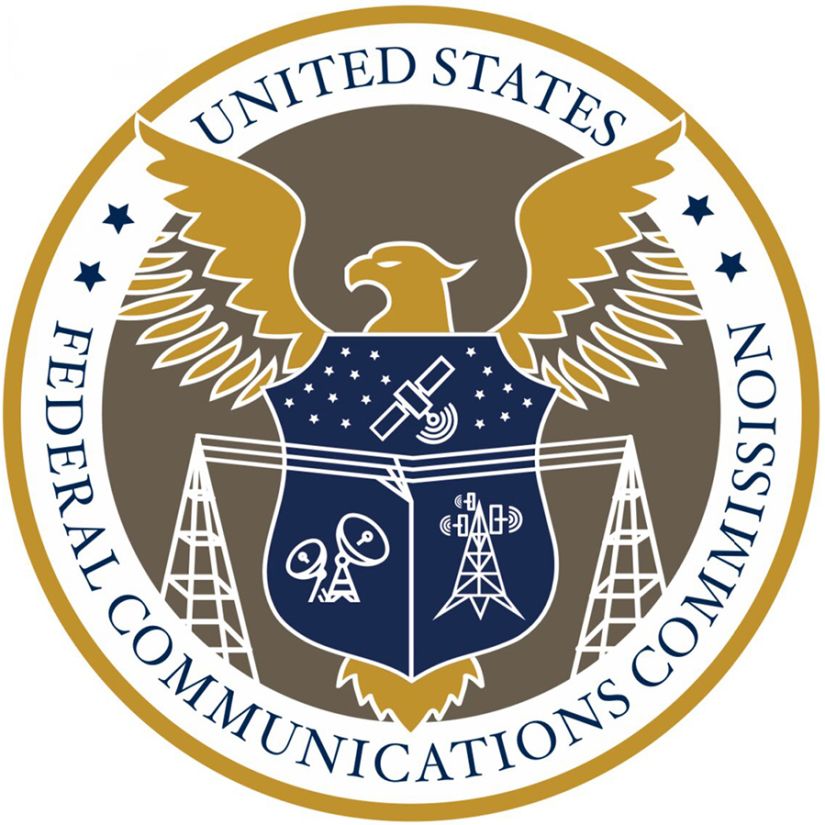American Broadband Pays $16 Million to Settle Lifeline Complaint
Local carrier’s settlement avoids FCC hearing on license qualifications
The smarter way to stay on top of the multichannel video marketplace. Sign up below.
You are now subscribed
Your newsletter sign-up was successful
American Broadband & Telecommunications has agreed to pay more than $16 million to settle a Federal Communications Commission complaint that the company had violated its Lifeline program rules, including by applying for broadband subsidy money for ineligible participants.

American Broadband is a competitive local exchange carrier (CLEC) providing consumer and broadband services in the Midwest.
The company has already paid back $15,063,935.45 to the Universal Service Fund for USF subsidies the FCC said were either for “ineligible and duplicate Lifeline accounts,” or for people who had died.
There is an additional payment of $1,487,249.99. The FCC said the company had also failed to de-enroll ineligible subs, filed to have proper procedures for complying with FCC rules and failed to adequately screen, train or supervise third-party sales agents.
In addition to the company payments, company owner Jeffrey Ansted agreed to pay $67,050 to the U.S. Treasury. ■
The smarter way to stay on top of the multichannel video marketplace. Sign up below.
Contributing editor John Eggerton has been an editor and/or writer on media regulation, legislation and policy for over four decades, including covering the FCC, FTC, Congress, the major media trade associations, and the federal courts. In addition to Multichannel News and Broadcasting + Cable, his work has appeared in Radio World, TV Technology, TV Fax, This Week in Consumer Electronics, Variety and the Encyclopedia Britannica.

